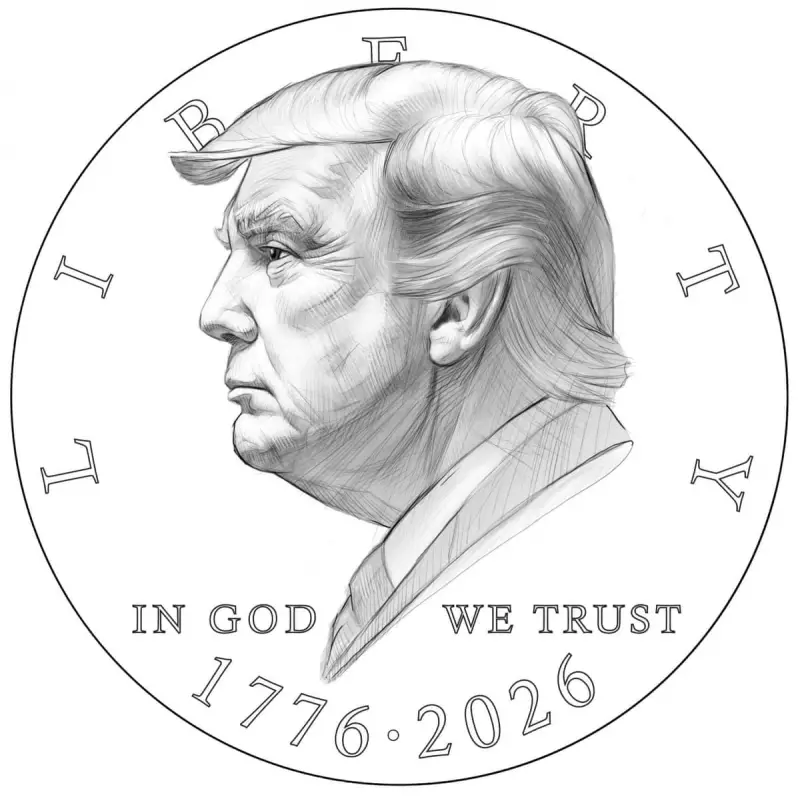
Robert Reich, the former US Secretary of Labor, has issued a stark warning about Donald Trump's concerted efforts to cement his place in history through physical monuments and currency, drawing parallels with the tactics of fascist dictators.
The Push for Presidential Immortality
According to Reich, the US Treasury has drafted a design for a special $1 coin featuring Donald Trump on both sides. Officials stated the purpose is to honour America's 250th Birthday and the President.
Simultaneously, reports indicate that Trump desires the Washington Commanders to name their planned $3.7 billion stadium after him. A senior White House source told ESPN that the president wants this, and it will likely happen.
Further adding to this trend, the $300 million ballroom being added to the White House was listed for donors as "the President Donald J Trump Ballroom". Senior administration officials told ABC this name was expected to remain, though Trump has since denied plans to name it after himself.
A Pattern of Authoritarian Behaviour
Reich contends that this drive for self-glorification while in power is a hallmark of fascist regimes. He explicitly references Stalin, Hitler, and Mussolini, who all erected monuments to themselves to ensure their exaltation in historical memory.
In contrast, democracies typically memorialise their heroes only after death and based on public consensus. Reich asserts that while Trump deserves to be remembered, it should not be as a hero. He frames it as a solemn duty to ensure Trump is remembered for his actions that have threatened to destroy American democracy.
The Case Against a Heroic Legacy
Reich lays out a detailed indictment of what he believes Trump's true legacy should encompass. He must be remembered, Reich argues, as the president who falsely claimed an election was 'stolen' without evidence and then instigated a coup attempt.
This attempt involved false electors and culminated in the assault on the US Capitol on January 6th, which resulted in five deaths and injuries to 174 police officers.
Furthermore, Reich states Trump should be remembered for attempting to pardon 1,600 people connected to the Capitol attack and 77 individuals accused of trying to overturn the 2020 election, whom he called "patriots".
Other actions cited include usurping congressional powers, denying due process, prosecuting political opponents, violating international law by killing alleged enemy combatants, and sending the military into American cities against the will of local mayors and governors.
An Alternative Monument to Treachery
Instead of allowing Trump to etch false tributes in silver, marble, or granite, Reich proposes a different kind of memorial. He suggests a monument be erected after Trump is gone to remind future generations of his treachery and the officials who supported him.
This would be a simple structure of iron and cement, containing records of his attacks on democracy and the names of all who aided him. Over its doorway would be the words "Trump's Treason".
Reich envisions it situated on the White House lawn where the Trump ballroom once stood, facing Pennsylvania Avenue for easy access by families visiting the capital, ensuring this chapter in American history is never forgotten.





